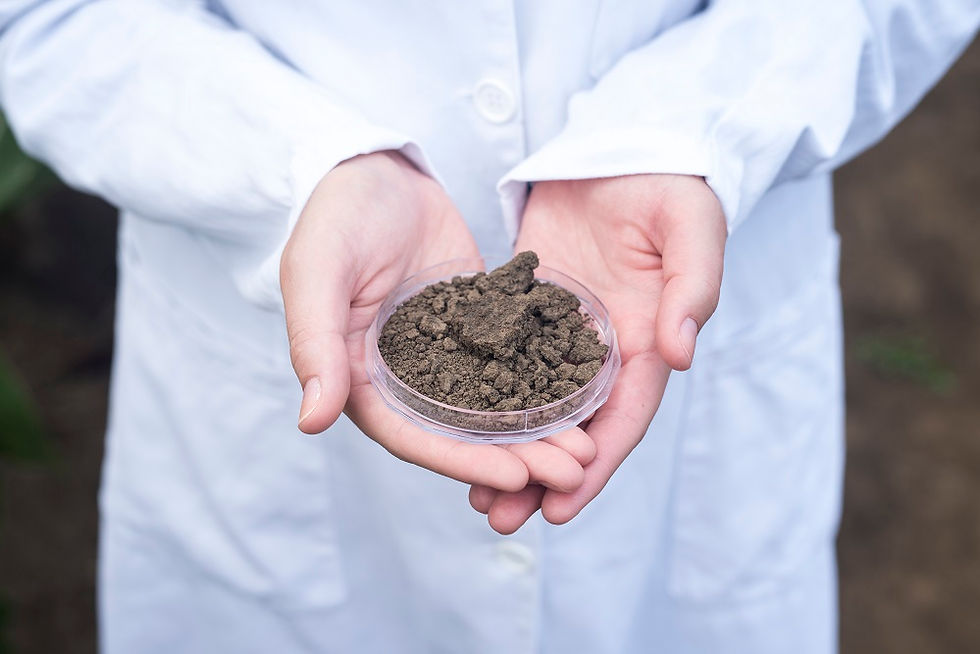Comparing Evaporative Cooling to Traditional Air Conditioning Systems
- zoehsewell
- Jan 6, 2024
- 3 min read

Choosing the ideal cooling system for your abode is a decision that needs careful consideration. Questions like: "Should I install a traditional air conditioning system or opt for an evaporative cooling system?" or "What are the main factors I should ponder while deciding?" often create a perplexing situation rather than a solution. These are frequent questions homeowners face, and our objective today is to make your choice a mite easier.
Through the course of this article, we will undertake a comprehensive comparison between evaporative cooling and traditional air conditioning systems. We'll delve into the characteristics, functionalities, pros, and cons of both systems and help you make an informed choice to create an optimal living environment.
In the wide expanse of home improvement and interior designing, cooling systems play an undeniable part in comfort and productivity. Depending on your location, budget, and other considerations, the choice of cooling systems widely fluctuates. But often, it’s between an evaporative cooling system and a traditional air conditioning system - two popular yet significantly different contenders.
Understanding Evaporative Cooling
Evaporative cooling is nature's version of a large-scale air conditioning system. But how exactly does it accomplish its purpose? Why do individuals opt for it over traditional air conditioning systems? What sets it apart? These are some aspects we will explore in this section.
With evaporative cooling, the hot air gets drawn into the cooler, where it passes over water-saturated pads which, in turn, evaporate water into the air. This process can efficiently reduce the temperature without technical complexity or reliance on refrigerants.
While the mechanism might seem quite simple, a well-functioning evaporative cooler requires precise calibration according to your local climate, house structure, and personal needs. The system is particularly beneficial in areas with low humidity.
Traditional Air Conditioning Systems: Why are they Popular?
A better understanding of their mechanism can provide insights into what makes traditional air conditioning systems a favoured choice among many households. How do these systems work? Why do people opt for them?
These systems utilize chemicals that convert from a gas to a liquid and back again, quickly. The process enables them to transfer heat from the air inside your home to the outside. Moreover, they also dehumidify the air, making them ideal for humid areas.
Cost Effectiveness: Evaporative Cooling System vs Traditional Air Conditioning
One of the primary distinguishing factors between evaporative cooling and traditional air conditioning systems lies in their cost-effectiveness. Which of the two adds more value in the long run?
Evaporative coolers cost significantly less compared to air conditioners in terms of both, initial cost and operational expenses. They operate on less electrical power and do not require refrigerants, hence, they are not only cost-effective but also more environmentally friendly.
Environmental Impact: Which One's Greener?
In a world where sustainability is becoming more paramount every day, the environmental impact of these cooling systems also bears weight in the decision-making process. How does each systems' environmental footprint compare?

While both systems have their pros and cons, evaporative coolers pose a significantly lesser threat to the environment. The absence of harmful refrigerant gases and lower power consumption make it a greener option compared to traditional air conditioning systems.
Efficiency Comparison: Does Location Matter?
The suitability and performance of these cooling systems are often dependent on geographic location and prevalent weather. This section delves into how geography comes into play and which system holds the upper hand.
In areas with high humidity, the efficiency of evaporative coolers diminishes, making traditional air conditioning more effective. On the other hand, in arid climates, evaporative cooling becomes the better choice due to its natural cooling mechanism and cost efficiency.
Conclusion
The choice between evaporative cooling and traditional air conditioning systems essentially distills down to individual needs, location, and personal commitment to environmental sustainability. A traditional air conditioning system can be the go-to choice for individuals living in humid regions who prioritise comfort. Conversely, those valuing cost-effectiveness, eco-friendliness, and living in low-humidity areas could find evaporative cooling systems as a more suitable option. Through this comprehensive understanding, you can evaluate your own circumstances and make an informed choice - all while creating an aesthetically pleasing and comfortable haven that complements your lifestyle and design preferences. Remember, there's no one-size-fits-all choice when it comes to cooling systems. Instead, it's about determining the best fit for your situation.
Cooling systems play a pivotal role in making our homes more comfortable during hot, sweltering days. It's essential to weigh the pros and cons of each system, keeping in mind the factors that are crucial to you prior to arriving at a decision- be it cost, sustainability, effectivity or a combination thereof.











Comments